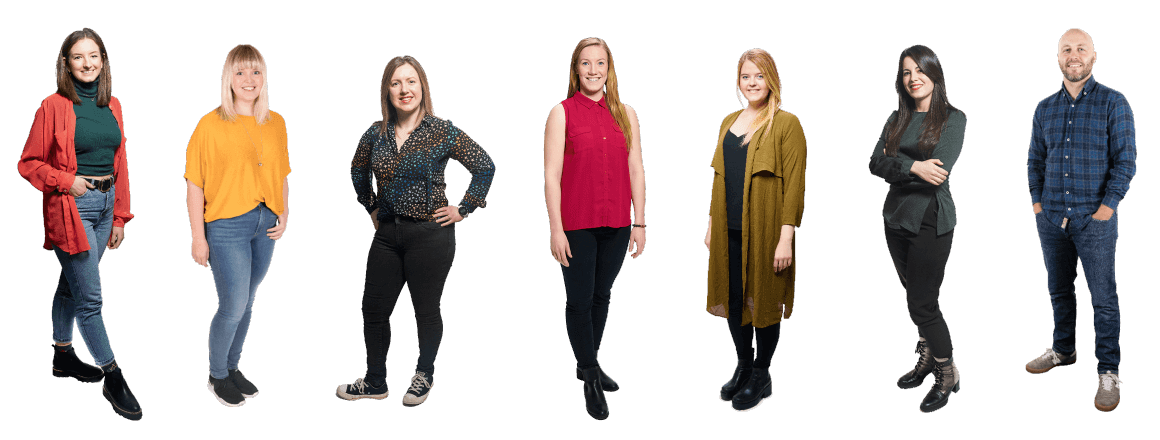Dining, drinking, tipping and other Ireland advice from our travel experts
Make your holiday in Ireland even more pleasant by brushing up on the local etiquette and other practical travel tips below.
Water
It is perfectly safe to drink cold water from the tap in Ireland and Northern Ireland. Save some money and be kind to the environment by using a refillable water bottle.
Local information & news
For general daily and local news, the largest newspapers of Ireland is the Irish Independent (https://www.independent.ie/) and The Irish Times (https://www.irishtimes.com/).
Otherwise you can keep up on local events, activities and attractions in all areas of Ireland with the free Tourism Ireland booklets. They are available at tourist offices in most towns around the country.
Accommodation
Check-in time at most accommodations is between 2 PM and 4 PM. If you will be arriving at your accommodation later than 6 PM, please call to let them know. Likewise, if you would like to eat dinner at your accommodation, particularly if you are staying in a rural area, we recommend calling ahead. In smaller communities, for example, many restaurants stop serving food after 8:30 PM.
Explore the Irish countryside on a nature tour or classic Ireland holiday package.
Tipping in Ireland
Although not compulsory, tipping is always appreciated in Ireland. And who you tip and how much you leave depends on the service:
- Dining: At a restaurant with table service, check the menu to see if service is included in the bill. If it isn’t, a tip of 10 percent is standard. But at self-service cafés (i.e., where you order at the counter) staff are not expecting to be tipped.
- Hotels: Tips depend on the level of service, but it’s common to tip concierges for hiring a taxi, making dinner reservations, etc. As for porters, about £1 per bag is standard. And while not required, leaving a few pounds for the housekeeping is always nice.
- Taxis: People usually round up the fare to the next pound.
If you’re just ordering drinks at a café or pub, you don’t have to tip. Also, if you receive extraordinary service from a tour guide, leaving a small tip is appreciated but not expected.
Browse our best-selling Ireland tours to see tried-and-tested travel packages.
Dining & nightlife
Restaurants in Dublin tend to be busiest between 12:30 AM – 2:00 PM for lunch and 6:00 PM – 8:00 PM for dinner (these times can be a bit later on weekends).
Restaurants and coffee houses are usually open on Sundays in Dublin, but in the countryside this may not be the case. Outside the main cities you will often find more limited opening hours.
In all of Ireland and the UK, smoking is banned in all eating and drinking establishments.
Though Ireland is fairly casual, it might be smart to bring a nicer outfit (e.g., suit jackets for men, no jeans or sports shoes) if you’re going out on the town in Dublin or dining in finer establishments in countryside manors.
Pubs & alcohol
Irish pubs are often social gathering places and are good for mingling with the locals. If the pub serves food and has a children’s license, kids are welcome with their parents until 8 PM. Pubs are usually open 11 AM – 11 PM (until 12 AM- 1 AM in Dublin). Some bars and clubs (mostly in the cities) may stay open until 2.30-3:00 AM on weekends.
Aside from bars, restaurants and some hotels, alcohol can be bought at grocery stores and various specialty shops until 10 PM. The legal age to drink and/or buy alcohol in Ireland and the UK is 18.
Oh, and don’t forget that drinking and driving laws are strict, so plan on walking back to your hotel or calling a taxi.
Food & snacks
Tesco is one of the most popular grocery chains in Ireland. Stores are typically open from 8 AM to 6 PM, though weekend and holiday hours vary. In Dublin and other major towns you’re likely to find some supermarket branches open until 10 PM.
There are also a lot of convenience stores, such as Spar and MACE, especially in Dublin that are open 24 hours.
Hotel restaurants are usually open to guests. In these areas we recommend asking the reception staff at your accommodations for advice about nearby options and pre-booking restaurants. This is especially true during the popular travel months of July and August.
At some hotels and guesthouses you can also pre-purchase picnics for the days out in the countryside. You might also come across good delis, farm shops and specialist food shops. And keep a look out for farmers' markets across the nation, held mostly on Saturdays but also Thursdays, Fridays and Sundays.
Check out our Ireland self-drive tours. Or consider a combination road trip of both Scotland and Ireland.
Public transport in Dublin
Dublin is not so big for a capital city. That means it’s easy to navigate by foot, but if you prefer a bus or taxi, here’s what you need to know:
Public transport is provided by Dublin Bus, Luas (tram) and DART (train). A single fare for buses or trams is €2.10-2.15. You can purchase on the bus, but drivers don’t issue change, so be prepared with the exact amount. For the tram or train, you can purchase from ticket vending machines.
Taxi service in Dublin
The main taxi companies in Dublin are City Cabs: +353 (01) 872 72 72 and Lynk Cabs: +353 (01) 473 11 22.
You can call a taxi to your location or go to a taxi queue at Upper O’Connell Street just south of Parnell Square or at College Green opposite the Trinity College entrance.
We recommend having cash available as not all taxis accept credit cards.
Contact our travel consultants if you want to know more about travelling in Ireland.
